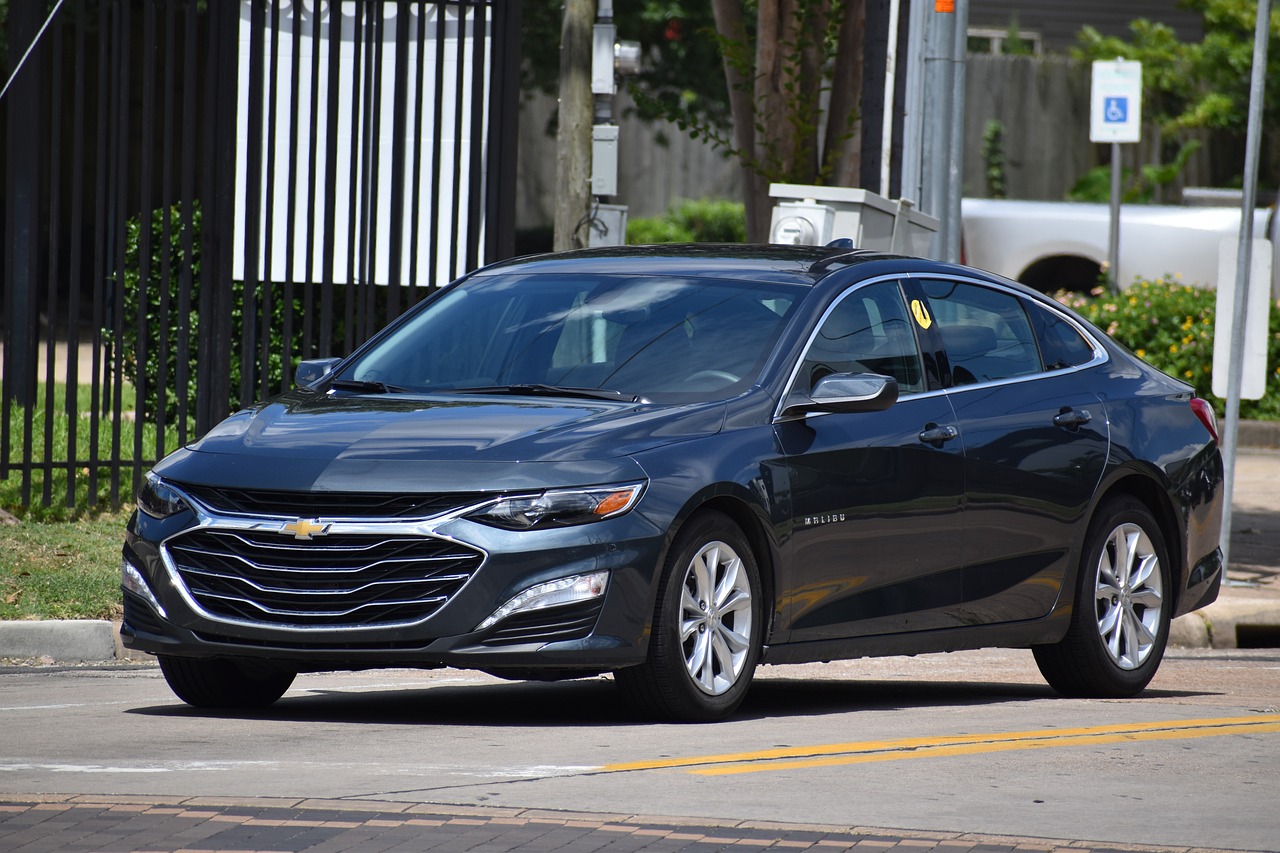The Impact of AI in Predicting Traffic Patterns for Navigation Systems
Navigation systems have come a long way since their inception. Initially, sailors relied on basic tools like magnetic compasses and sextants to navigate the vast open waters. These traditional methods required skill and precision, often leading to challenging journeys with limited room for error.
The introduction of radio navigation systems in the early 20th century marked a significant milestone in navigation technology. These systems relied on radio signals to determine location and provided more accurate guidance to ships and aircraft. Over time, the development of satellite-based navigation systems like GPS revolutionized navigation, offering real-time positioning data to users around the globe.
The Evolution of AI in Traffic Prediction
One of the most significant advancements in traffic prediction in recent years has been the utilization of Artificial Intelligence (AI). AI algorithms have transformed the way traffic patterns are analyzed and forecasted, leading to more accurate and real-time predictions for commuters and city planners alike.
By harnessing the power of AI, traffic prediction systems can now consider a multitude of variables simultaneously, such as historical traffic data, weather conditions, events, and even social media trends. This comprehensive approach enables the systems to make more informed predictions and provide tailored recommendations to help alleviate traffic congestion and improve overall traffic flow in urban areas.
What are some of the early navigation systems that were used before AI?
Some of the early navigation systems include paper maps, compasses, and satellite navigation systems like GPS.
How has AI improved traffic prediction compared to traditional methods?
AI has improved traffic prediction by being able to analyze large amounts of data in real-time, adapt to changing traffic patterns, and provide more accurate and reliable predictions.
Can AI predict traffic congestion accurately?
Yes, AI can predict traffic congestion accurately by utilizing historical data, real-time traffic information, and machine learning algorithms to forecast traffic patterns.
How has the evolution of AI in traffic prediction impacted transportation efficiency?
The evolution of AI in traffic prediction has improved transportation efficiency by helping drivers avoid traffic congestion, reducing travel times, and optimizing routes for smoother traffic flow.
What are some challenges that AI faces in traffic prediction?
Some challenges that AI faces in traffic prediction include data accuracy, privacy concerns, and the need for continuous updates to adapt to changing traffic conditions.
How can AI be further developed to enhance traffic prediction capabilities?
AI can be further developed by incorporating more advanced machine learning algorithms, integrating with smart city infrastructure, and improving data collection methods for more precise traffic predictions.





